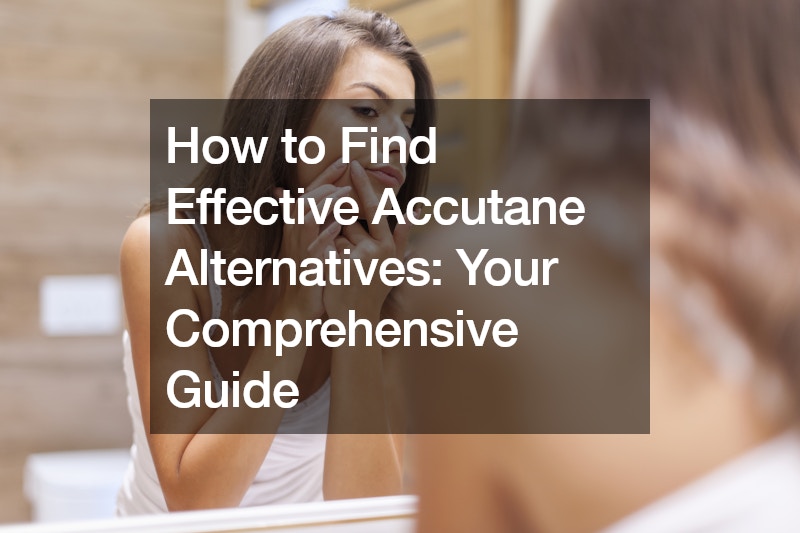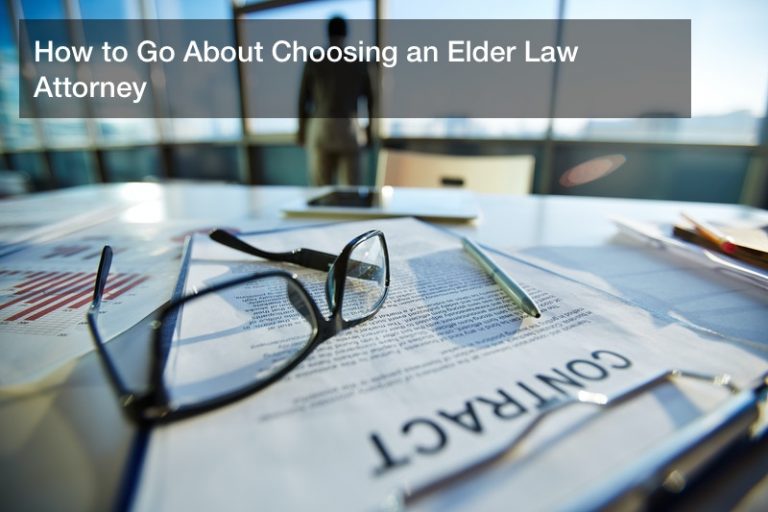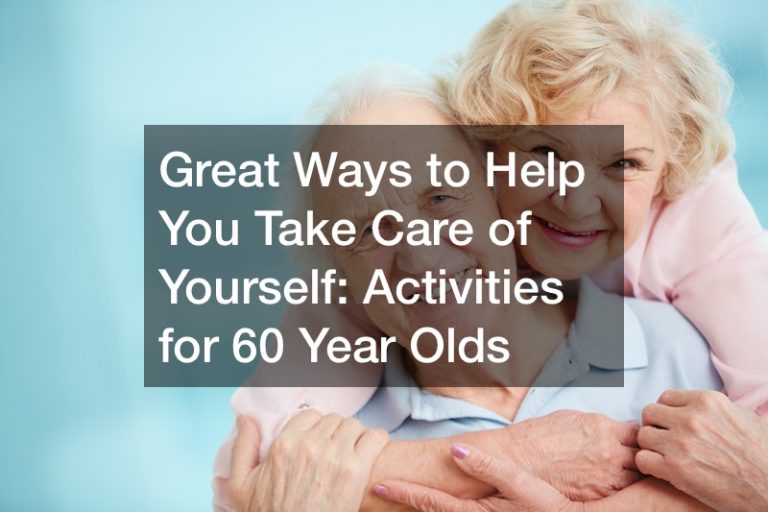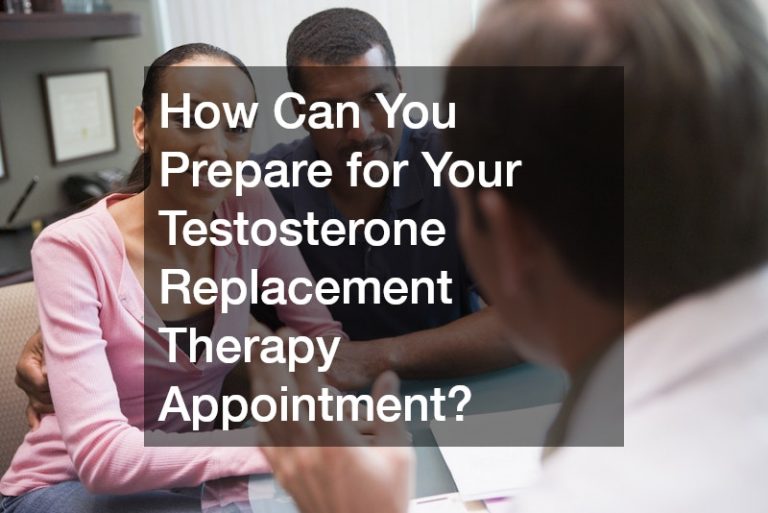
Accutane (isotretinoin) has long been a powerful weapon in the fight against severe acne. This oral medication can dramatically improve stubborn breakouts, but it also comes with a significant list of potential side effects, including dry skin, birth defects, and depression. For many people seeking clearer skin, exploring effective Accutane alternatives becomes a crucial step.
This comprehensive guide dives deep into the world of acne treatment, exploring a variety of alternatives to Accutane. We’ll discuss the pros and cons of each option, empowering you to make informed decisions alongside your dermatologist to achieve your acne-free goals.
Understanding Accutane and Its Limitations:
Accutane works by shrinking oil glands and reducing inflammation, effectively targeting the root causes of acne. However, its effectiveness comes with a price. Here are some key considerations:
Strict Monitoring: Accutane requires regular blood tests and close monitoring by a dermatologist due to potential side effects. Birth Control Restrictions: Women taking Accutane must use strict birth control to prevent serious birth defects. Potential Side Effects: Accutane can cause dry skin, lips, and eyes, joint pain, and mood changes. In rare cases, it can lead to more serious side effects. Exploring Effective Alternatives:
While Accutane offers undeniable benefits, it’s not the only option for achieving clear skin. Here’s a breakdown of some promising alternatives to consider:
Topical Retinoids: These over-the-counter or prescription creams and gels are derived from vitamin A, similar to Accutane. They work by promoting skin cell turnover and unclogging pores. Topical retinoids are generally well-tolerated but can cause initial dryness and irritation. Topical Antibiotics: Antibiotic creams or lotions can target acne-causing bacteria. They are often combined with other topical treatments like benzoyl peroxide for maximum effectiveness. Long-term use of topical antibiotics can lead to antibiotic resistance, so it’s crucial to follow your dermatologist’s instructions. Benzoyl Peroxide: This topical medication kills bacteria and helps to reduce inflammation. It is available over-the-counter in various strengths and can be drying, so proper moisturizing is essential. Salicylic Acid: Another over-the-counter option, salicylic acid helps exfoliate dead skin cells and unclog pores. It’s generally milder than benzoyl peroxide and a good choice for mild to moderate acne. Azealic Acid: This naturally occurring acid has antibacterial and anti-inflammatory properties. It can be used alone or combined with other topical treatments. Azealic acid can cause mild burning or stinging, especially on sensitive skin. Light Therapy: Blue light therapy specifically targets acne-causing bacteria, while red light therapy reduces inflammation. Light therapy treatments are typically performed in a dermatologist’s office or with home-use devices. Chemical Peels: Chemical peels use a controlled application of acid to exfoliate the top layer of skin, promoting cell turnover and reducing breakouts. The strength of the peel determines the depth of treatment and recovery time. Oral Antibiotics: In some cases, your dermatologist may prescribe oral antibiotics to combat severe acne. These are typically used in conjunction with topical treatments for a specific period. Choosing the Right Alternative:
The best Accutane alternative for you depends on the severity of your acne, your skin type, and your individual medical history. Here’s how to navigate the decision-making process:
Consult a Dermatologist: A dermatologist can assess your specific needs and recommend the most effective treatment plan. They can also discuss the potential benefits and drawbacks of each Accutane alternative. Consider Your Lifestyle: Some treatments require more frequent application or may cause sun sensitivity. Discuss your lifestyle with your dermatologist to choose an option that fits seamlessly into your routine. Start with Milder Options: It’s often recommended to start with milder topical treatments before progressing to stronger medications or procedures. Be Patient: Treating acne takes time and consistency. Don’t get discouraged if you don’t see results overnight. Stick to your treatment plan and communicate any concerns with your dermatologist. Additional Considerations:
Combination Therapy: Dermatologists often combine different treatment options for optimal results. For example, a topical retinoid might be combined with benzoyl peroxide or oral antibiotics. Healthy Habits: Maintaining a healthy lifestyle with a balanced diet, adequate sleep, and stress management can all contribute to clearer skin. Embrace a Clearer Future Achieve the clear, healthy skin you deserve. Here are some additional tips to keep in mind:
Be Realistic: Acne treatment is a process, not a quick fix. While some alternatives offer faster results than others, consistent use and realistic expectations are key. Maintain a Positive Attitude: Breakouts can be frustrating, but a positive outlook can go a long way. Focus on the progress you’re making and celebrate improvements, no matter how small. Document Your Progress: Taking photos of your skin at regular intervals can help you track your progress and stay motivated. The Importance of Professional Guidance:
While this guide provides an overview of Accutane alternatives, it’s not a substitute for professional medical advice. A dermatologist can provide a personalized assessment, recommend the most suitable treatment plan, and monitor your progress to ensure optimal results and address any potential side effects.
Conclusion:
Accutane may be a powerful weapon against acne, but it’s not the only path to clear skin. With a variety of effective alternatives available, you can work with your dermatologist to develop a personalized treatment plan that addresses your specific needs and concerns. Remember, consistency, patience, and a positive attitude are key ingredients for achieving and maintaining a healthy, acne-free complexion.
.








